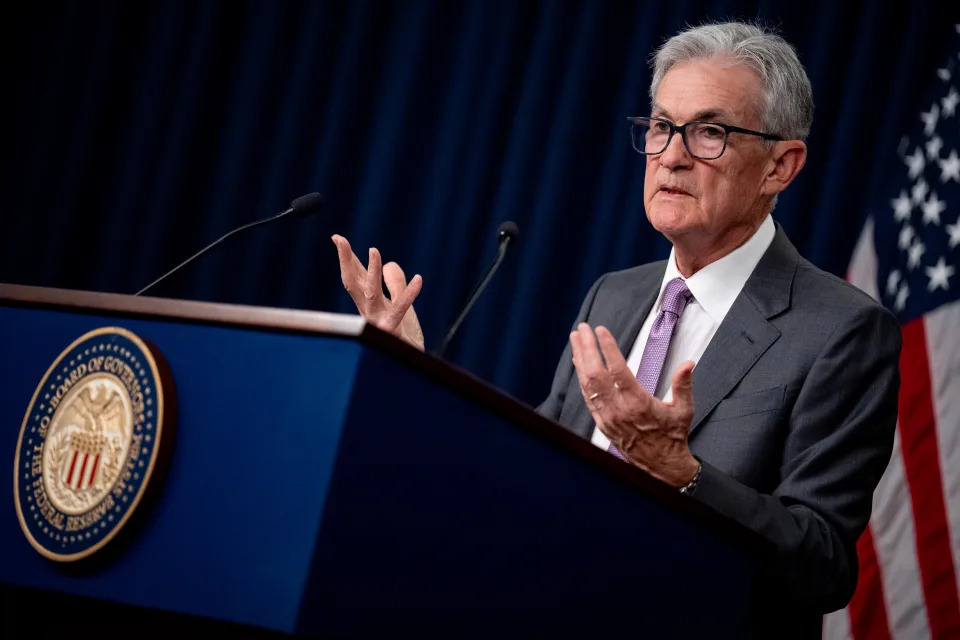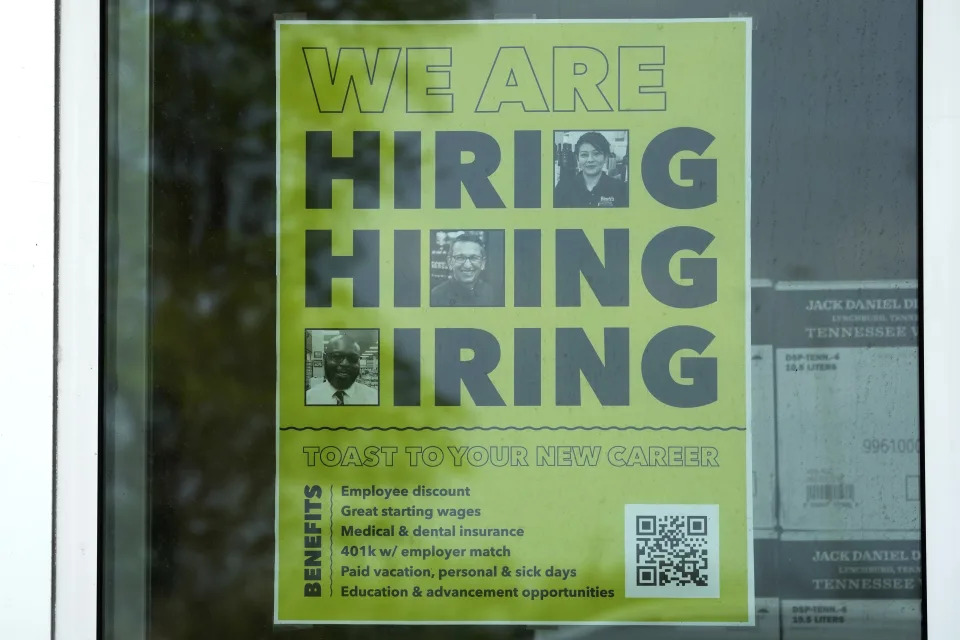In recent op-eds, Bloomberg and Better Markets both weigh in against the crypto industry giving support to candidates for office they believe would support efforts on behalf of digital assets. Leaving aside their First Amendment rights to do so, as a former Democratic Commissioner at the CFTC and now involved in regulatory compliance issues, I feel that both the Bloomberg and Better Markets statements are unfair to the fledgling crypto companies as well as to the millions of Americans who invest in these products.
Certainly with regard to the Vice President, she has taken no actions that could be considered “pandering” or “caving.” Her team has rather been listening, engaging and learning about a new financial product. To do otherwise would simply be irresponsible.
It seems fairly obvious to fair-minded observers that after over a decade of the cryptocurrency currency trading makes it unlikely it’s going away anytime soon, as much as some may want that. Given that, you would think the reasonable person would say, “let’s properly regulate these products.” It is not true that crypto doesn’t face a myriad of state and federal regulations. What is true is that, as long as an enforcement-only regulatory approach is taken, the U.S. will see jobs move overseas, innovation will be hampered and crucial decisions will be left to the courts.
CFTC Chairman Rostin Benham has been proactive in working to encourage Congress to pass sensible and protective legislation. For Better Markets to say that the CFTC is not capable of this and is susceptible to regulatory capture, is slanderous.
In 2023, the CFTC had a record number of enforcement actions in the crypto space representing nearly half of all enforcement actions. It is important, though, to consider that crypto-related fraud is only 1% of the annual $3.2 trillion in illegal activity occurring in the dollar and other traditional fiat currencies. So, contrary to the Bloomberg and Better Markets opinion pieces, crypto is not the financial product of choice among financial predators. It’s actually the U.S. dollar.
Read more: Benjamin Schiller - OK, Bloomer!
Yes, crypto has some of the speculation and abuses we have all heard about but, as a Californian, I can tell you these things happened during the Gold Rush of 1849. Ironically, today gold is considered the “safety” investment.
Finally, I would note that the SEC has done the most to give Americans the opportunity to invest in bitcoin and ether through Exchange Traded Funds (ETFs). In fact, the SEC just approved an ETF that allows retail investors to buy an ETF that allows a leveraged bet that is 1.75 times the daily move in a single company’s security. Now that seems a risky bet even to me.
Note: The views expressed in this column are those of the author and do not necessarily reflect those of CoinDesk, Inc. or its owners and affiliates.





